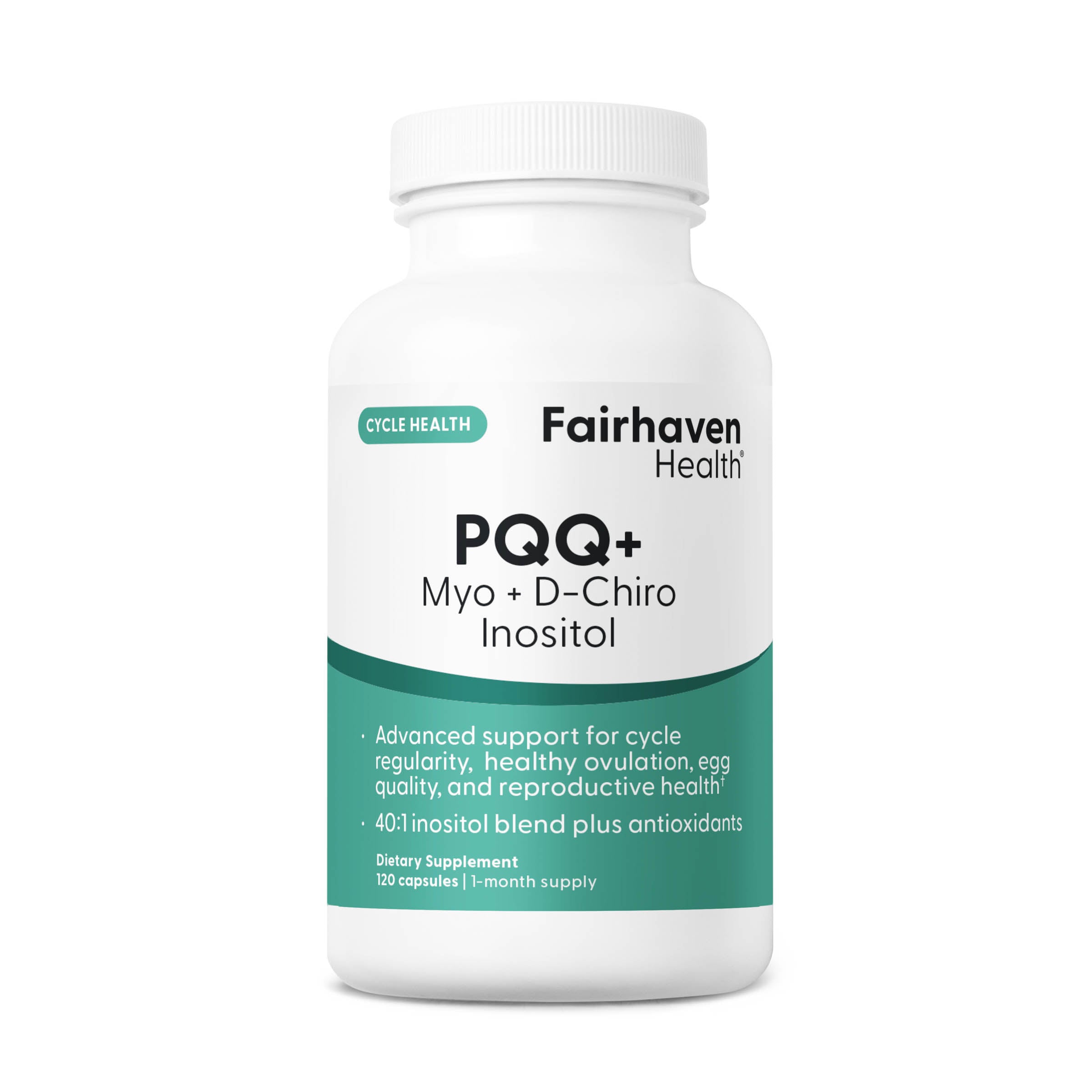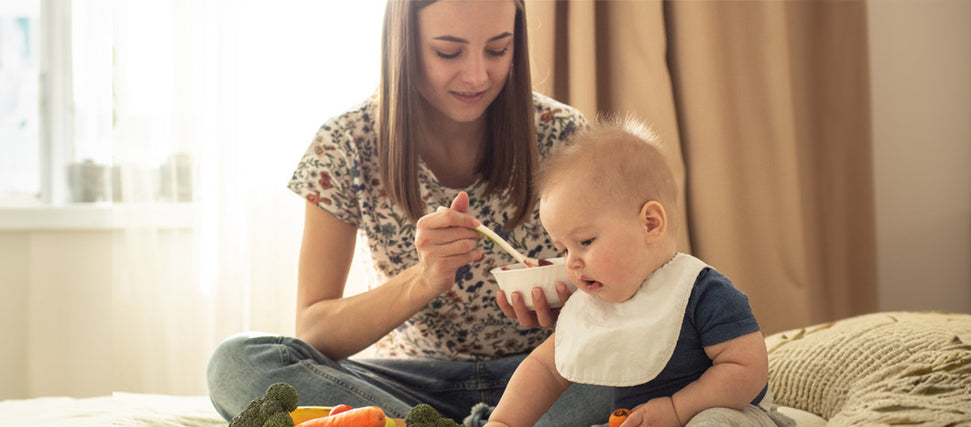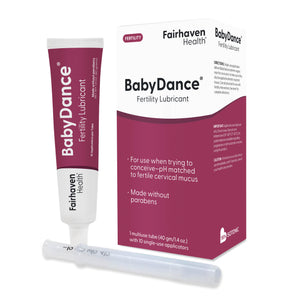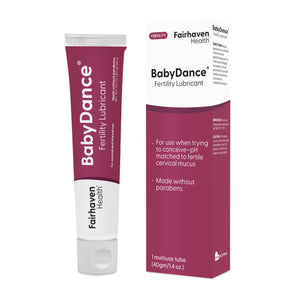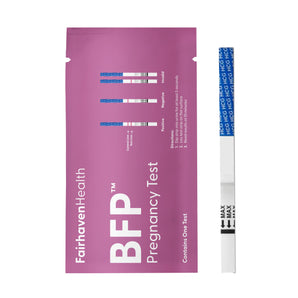You probably already know that your baby is not ready for solid food until he is at least six months old. Until that time, he is getting everything he needs from your breast milk. At six months you can begin slowly introducing solid foods. Remember that during this first year, solids are meant to complement breast milk, not to replace it. Follow your baby’s cues. Some babies take to solids right away, while others refuse to swallow anything solid until they are eight or even nine months old. Babies who refuse solids early may have food allergies. By refusing solids they are protecting themselves from early allergens until their bodies are more ready to handle them.
Around six months you can try offering your baby solid food. Begin with just a couple bites. If baby is not interested, wait a few weeks and try again. Le Leche League suggests staring with ripe bananas, avocado, yam, or sweet potatoes. It is fine to stick with just one meal a day for a few weeks. Eventually, you will want to add a second meal and finger food snacks. You can also offer a few sips of water from a cup, however this is just so baby can learn to use a cup. Breastfed babies do not need extra water, even in very hot weather. Giving baby too much water can fill him up so that he does not get enough nutrients from the breast or solid food.
If you are not planning to wean in the first year, breastfeed baby before giving him solids. By breastfeeding first, you will not have to worry if your baby is getting enough nutrients since he is getting everything he needs from your milk. He is also less likely to wean early. You might try breastfeeding, waiting an hour, then feeding solid foods. If you are planning to wean around your baby’s first birthday, you may want to offer solids first. That will help baby to get used to eating solids when he is hungry rather than going for the breast.
If you are concerned about allergies, consider waiting an extra two or three months before starting solids. Introduce one food at a time, spacing a week between each new food. Watch for signs of allergies such as gassiness, fussiness, rashes, runny nose, red eyes, diarrhea, ear infection, and poor weight gain. If you suspect allergies, discontinue the allergen and contact your baby’s health care provider.
